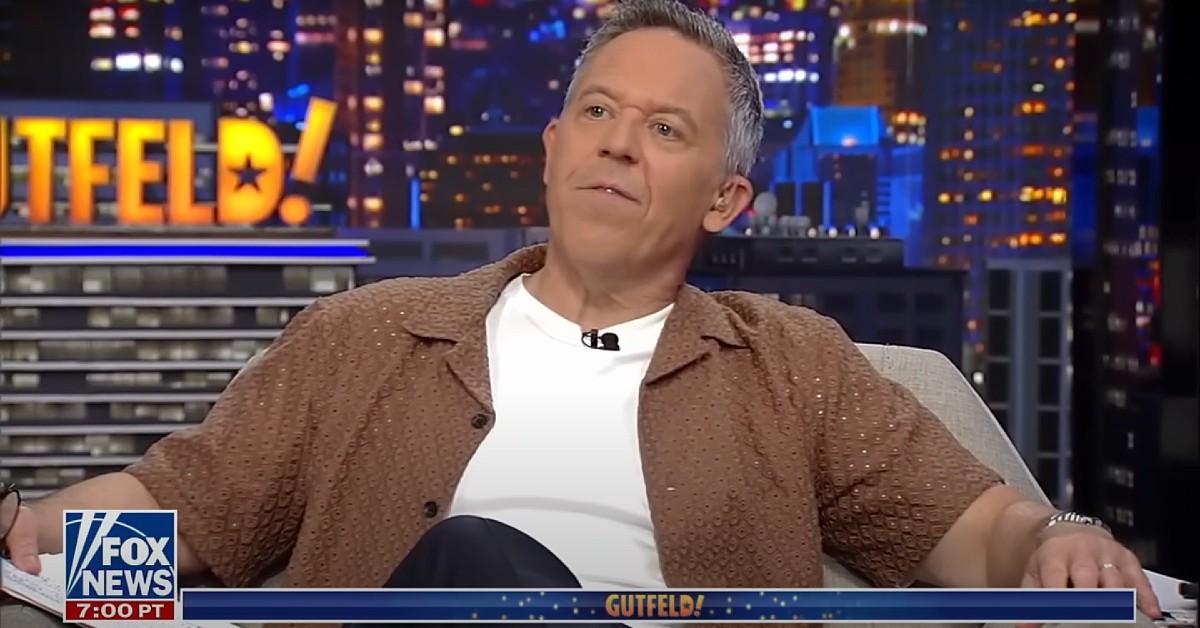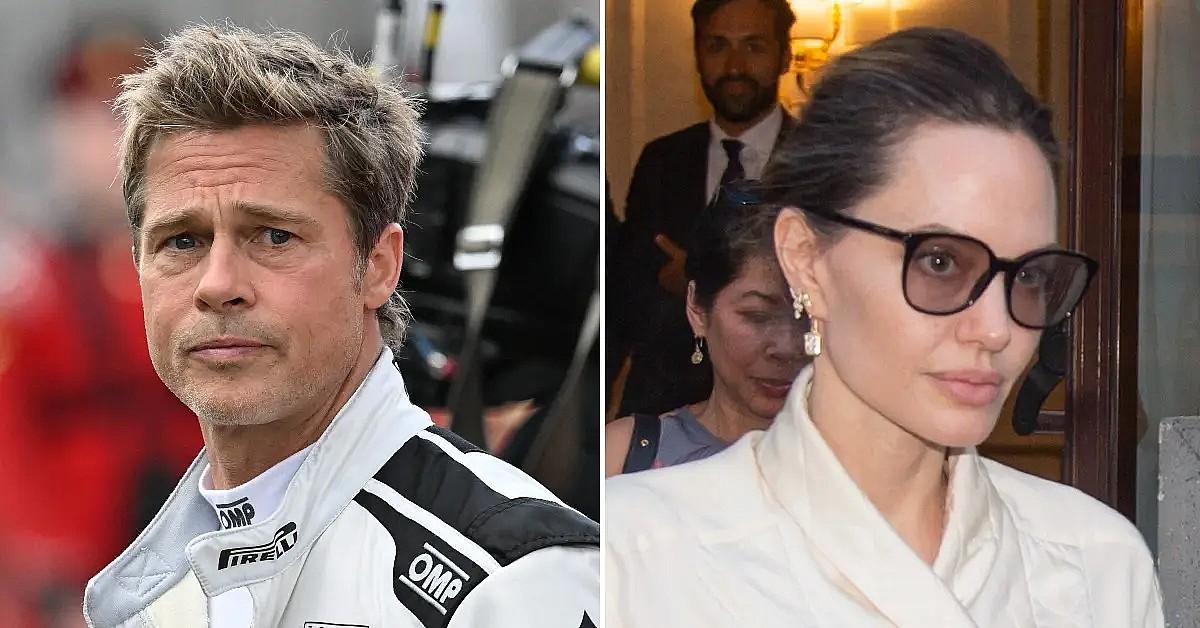Movie Review: Crazy Heart
Dec. 16 2009, Published 4:34 a.m. ET
Just about everything in Crazy Heart could have been a cliché. There’s the washed-up, whiskey-soaked country singer, looking for his return to the spotlight. Then there’s his romance with a single mom, ready for a bad boy but afraid to commit. And finally, there’s his good-looking, country-pop protégé who’s making megabucks as his mentor fades into obscurity.
Instead of becoming self-parody, Crazy Heart quietly blossoms into a mesmerizing, unapologetic film with characters whose stories are so tangible that by the end, country music feels like home -- no matter where you’re from. Country music isn’t just a genre in Crazy Heart, it’s the tangible fabric of the characters’ lives. With producers T-Bone Burnett and the late Stephen Bruton behind the film’s soundtrack, it’s no surprise that the music isn’t so much a mood-setter as a another usher along the emotional through line. Musical ingenue Ryan Bingham wrote and recorded the film’s theme song, “The Weary Kind,” which features a refrain that may as well be the movie’s tag line: “And this ain’t no place for the weary kind/And this ain’t no place to lose your mind/And this ain’t no place to fall behind/Pick up your crazy heart and give it one more try.”
Crazy Heart’s characters embody the musical undercurrent, navigating the tides of their losses, fears and triumphs with a startling authenticity. Jeff Bridges stars as Bad Blake, the boozey has-been on the brink of hitting rock bottom, performing in Podunk towns and passing out in cheap motels. In recent weeks, Bridges’ performance has been swept up in breathless Oscars talk, and he deserves all that and a gold statue. He’s so captivating that it’s hard to imagine he’s anything but a weathered singer with a hopeful heart and a lot of crosses to bear.
Maggie Gyllenhaal stars opposite Bridges as Jean Craddock, a local music reporter trying to raise her son alone. When she meets Bad for an interview, there’s a spark and they gradually find hope and passion together, tentatively reclaiming a kind of tender happiness they’d both left behind. Tugging at each of them, though, are old demons and very real fears. Jean’s relationship wounds have made her cautious, and parenthood has made her a mother first, lover second. Bad has gotten used to loving and leaving, but eviscerated record sales never gets comfortable. In each case, their characters become revelations, surprising themselves as much as the audience with their willingness to take the tougher road and make hard choices.
Along the rough terrain, Bad reconnects with Tommy Sweet, his former bestie who’s far surpassed him in commercial success. Colin Farrell portrays the slick country phenom, eschewing convention both as an actor, with his authentic singing performances, and as the character, who’s equal parts humanity and practicality. Much like the rest of Crazy Heart, Farrell easily sheds any trace of his real heritage (in his case, Irish), and seems to breathe American roots with gritty songs and a sturdy moral compass.

Crazy Heart is director Scott Cooper’s first film, based on Thomas Cobb’s eponymous novel. Despite his rookie status, Cooper’s deft approach feels as if he’s lived the story himself. There’s so much to hang on to, that when it’s over it feels as if we’ve all lived it -- minus the sound track.


